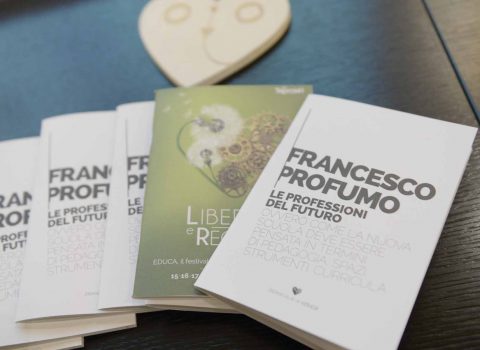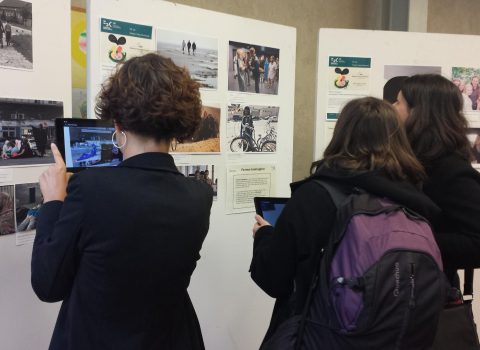
Bioethics: end-of-life scenarios and choices
The ISR researcher continues her reflection about the delicate yet necessary issue of the end of life
The debate on the end of life has recently resumed in the Italian Parliament, in particular the possibility of requesting medical assistance in dying, as stated in the title of Bill 2553, “Provisions on medically assisted voluntary death”. This is the umpteenth stage of a heated confrontation, and a debate that has never ceased, which resumes with regularity in Italy and which has been marked in recent years by the approval of laws and the issuance of judgments that have great relevance to the end-of-life issues and scenarios to which they refer. Let’s try to reconstruct these stages, proceeding chronologically, to understand how we got to the present point and discussion.
In December 2017, Law 219/2017, “Norms on informed consent and advance directives”, was approved, which provides for the possibility and recognizes the right of every individual to express themselves regarding health treatments that concern them, through informed consent: Law 219 has recognized legal value to “advance directives”, with which each individual can express his or her advance will on treatment options and clinical and health interventions that he or she wants or does not want to undergo in an emergency condition, in case he or she is unable to choose and decide, for example because he or she is in unconscious. The law provides for the possibility that a person who already has a condition may decide and plan – after having discussed the matter with his or her doctor – which treatment options he or she wants to receive: in this case we speak of “advance care planning”. The possibility of defining the course of treatment in a shared manner also applies to minors and people with mental health issues.
This law, which is the result of a long period of work – including cultural work – with respect to the right to choose one’s own health and to accompany and make end-of-life choices, recognizes the importance of communication between the physician, the care team and the patient, seen as a preliminary moment with respect to complex choices inherent to life, health and illness. Article 5 of the law states, “Time for communication is time for care”. Centering on the care relationship allows us to understand that choices in medicine can never be unilateral, on the contrary they require information from the doctor to the patient and a discussion on the complex scenarios that a disease could outline and therefore require to be addressed.
Ruling 242/2019 of the Constitutional Court, issued in December 2019, refers to the situation of Fabio Antoniani and his request to be accompanied to Switzerland to perform assisted suicide: starting from the analysis of this situation, the Constitutional Court ruled that, under some very specific conditions, the help provided to people who request suicide is not punishable. There are four conditions provided for that are not considered punishable aid to suicide: a person can ask for medical assistance in dying if 1) he/she has an irreversible disease, 2) the medical condition causes him/her intolerable physical or mental suffering, 3) he/she is fully capable of understanding and taking action; it is also mandated that 4) the request is evaluated by the local ethics committee concerned. The ruling indicates that the patient must be offered appropriate palliative care treatment and reiterates the non-punishability of the physician who, under the above conditions, acts at the patient’s request. The healthcare organization of reference must ensure the possibility that a patient may request such a course of treatment and must therefore take action if a patient makes such a request, as happened recently in the Marche and Ancona regions. In its judgment, the Court also invited the Parliament to legislate on the matter, something that did not happen right away.
Also as a result of the rejection of the request for a referendum on euthanasia in recent months, bill 2553 has been put forward, which envisages the possibility of requesting “medical assistance in dying”. Although oriented towards recognizing the possibility for the person to define and choose the manner and moment of his or her death, the bill seems to simplify the complex aspects that assistance in dying presents, by largely proceduralizing the request. Without entering into the merits of the reasons that might motivate such a request, it seems to us that the law overlooks contextual aspects and conditions that are essential to understanding and weighing the request for help in dying that a person, in a condition of serious illness, may formulate. Therefore, the need for a broader debate has been underlined, in order not to disregard moral principles, values and practices that protect people and that must remain structural for our society, since they are considered as such in our Constitution: the debate is open, the discussion goes on.



